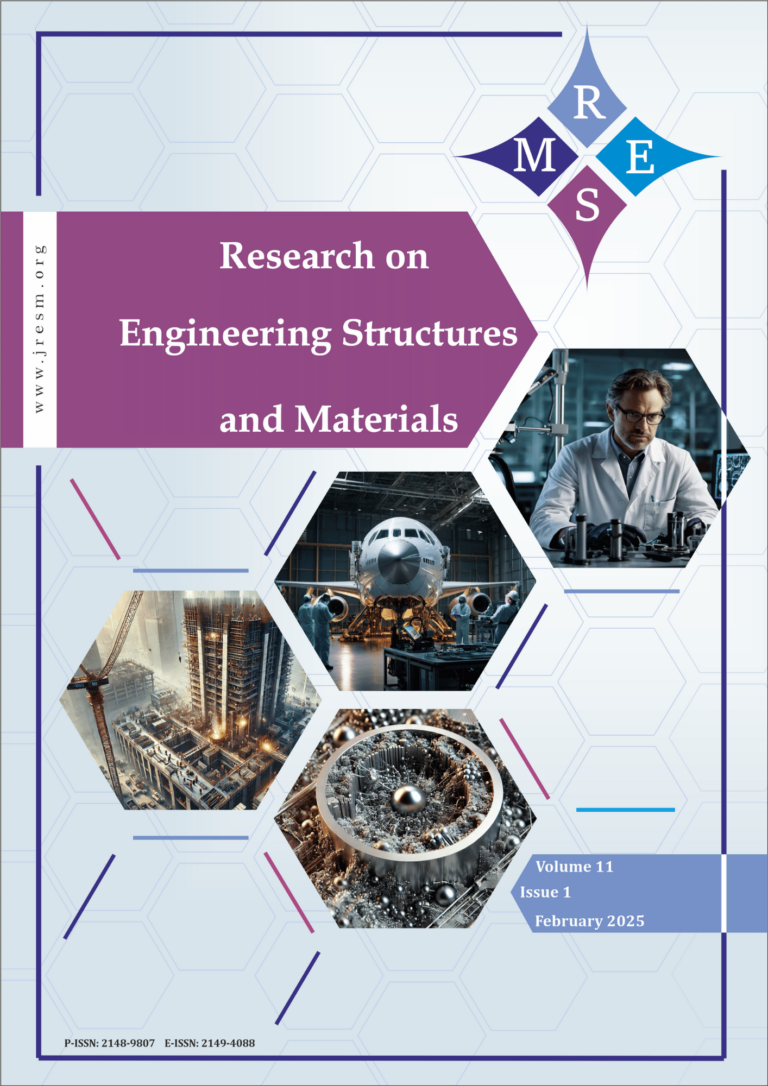In the face of challenging environmental conditions encompassing seawater exposure and dynamic wave forces, the evaluation of concrete’s durability and structural integrity in coastal structures becomes imperative. The non-destructive test using a rebound hammer device is still commonly used up to this day to assess concrete coastal structures. However, the reliability of this test is still in question since the rebound hammer still depends on the tested environment. Thus, this study aimed to appraise the reliability of the rebound hammer test in estimating the compressive strength of concrete under specific environmental conditions, namely seawater exposure and normal room conditions—utilizing a digital version of the rebound hammer. The exposure durations included one month, two months, and three months. Results showed that the average estimated strength derived from the rebound hammer test tended to overstate the actual compressive strength obtained through the direct compression test, attaining a maximum percent error of 72.7%. This suggests a notable influence of seawater exposure on rebound readings. Additionally, it was also found that concrete samples in the first, second, and third months of exposure to seawater environment had soluble chloride content values in ppm of 250, 220, and 235, and a capillary water absorption in g/(mm2*s0.5) of 0.0196, 0.0151, and 0.0149, respectively. This showed that the properties of concrete used in this study could not influence the rebound reading results. Furthermore, the overestimation raises concern about the reliability of the rebound hammer test in accurately determining the actual compressive strength of concrete.
